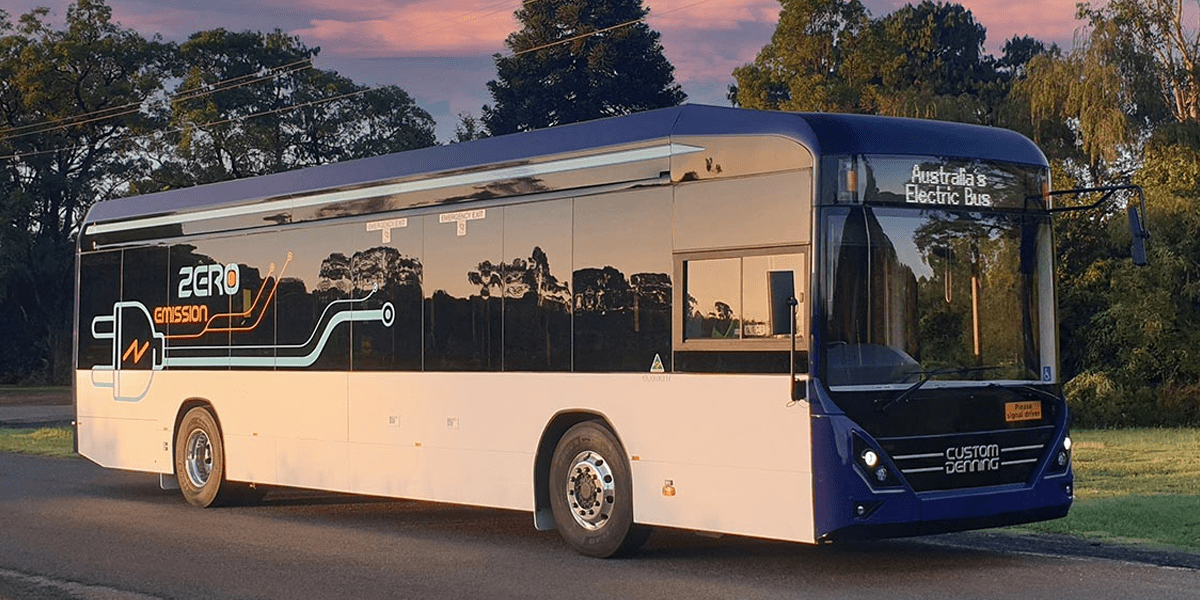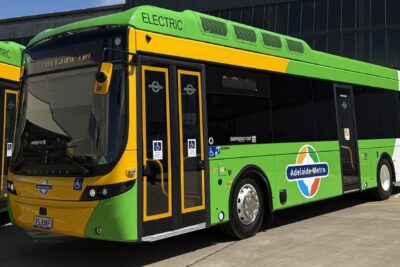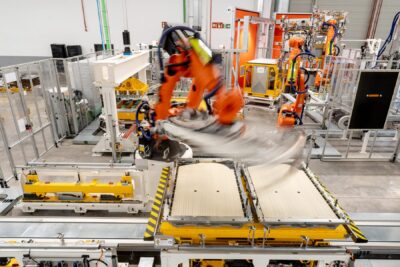New South Wales gears up for zero-emission bus transition
Australia’s New South Wales government has announced it will invest $218.9 million over the next seven years to start decarbonising the bus fleet. The funding has been confirmed as part of the 2022-23 state budget and defines a gradual transition that will need bolstering until completion envisioned in 2047.
New South Wales targets a fully transitioned fleet by 2047 and will stagger the transition by 2035 in Greater Sydney, Outer Metro regions by 2040 and regional NSW by 2047. As reported, Greater Sydney alone has 8,000 buses in service and has been planning for zero-emission alternatives since 2019.
In today’s announcement, Treasurer Matt Kean said the NSW Government would further set aside almost $2 billion to begin the transition across NSW and invest in local jobs, subject to consideration of a final business case.
“The NSW Government is committed to delivering the benefits of zero-emission buses State-wide and ensuring NSW is a global leader in this space,” Mr Kean said.
“This investment includes funding of $84 million to enable transition planning, including electrical grid upgrades at 11 Transport for NSW bus depots,” he said.
The NSW government wants the buses to be manufactured locally and said the gradual transition also gave local companies “more time to further gear up for this bus revolution”. Bus manufacturers in and around Sydney so far are BusTech, Custom Denning or Nexport, with some having promised to open more local factories soon.
NSW added it was “on track to have more than 200 zero-emission buses in service by mid-2023 and has not ordered a single-storey diesel bus for Greater Sydney since 2019.”
Only this June, the state announced increasing its EVs budget by $38 million (around 25 million euros), focusing on expanding the network of high-speed and home charging points.
The $38 million has been announced as part of the latest state budget and is said to bring the NSW Government’s total EV investment, which is bundled under the NSW Electric Vehicle Strategy, to a total of $633 million.





0 Comments